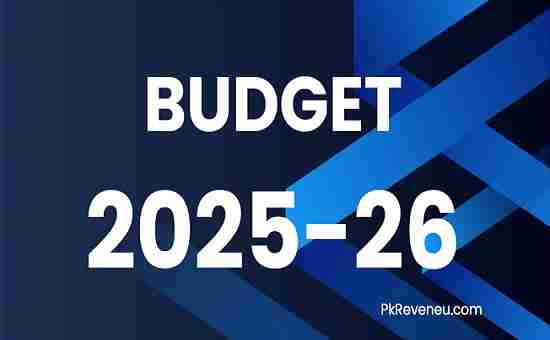ISLAMABAD – In a major policy shift, the federal government is expected to withdraw the further sales tax in the upcoming Budget 2025–26 as part of its broader strategy to encourage documentation across the entire supply chain. This move aims to bring more businesses, particularly dealers, wholesalers, and retailers, into the formal tax net.
The further sales tax, currently set at four percent, applies to transactions involving unregistered entities. Its removal is likely to cause short-term revenue losses to the Federal Board of Revenue (FBR), but officials believe the long-term benefits—including greater compliance and transparency—will outweigh the immediate setbacks. The documentation drive will extend from manufacturers to retail outlets, effectively bringing the full supply chain under official monitoring.
Importers face similar challenges, where goods are brought into the country but their subsequent distribution often bypasses registration with the sales tax department. By removing the disincentive of further tax, the government hopes to integrate such untracked supply chains into the formal economy.
The FBR had earlier raised the further sales tax rate from three to four percent through the amended Finance Bill of 2023. This was done to discourage supplies to unregistered buyers by increasing the cost of doing business outside the tax net. Under the law, registered suppliers were mandated to collect further tax on sales made to buyers who either lacked a sales tax registration number or were not listed as active taxpayers.
Section 3(1A) of the Sales Tax Act formalized this measure, effectively penalizing unregistered businesses. However, tax officials now argue that while the four percent further sales tax increased compliance pressure, it also created barriers to entry for new businesses and encouraged tax evasion.
By abolishing the further sales tax, the government hopes to make registration more attractive and less punitive, thereby expanding the sales tax base. Currently, Pakistan has between 40,000 to 60,000 active sales tax filers, many of whom pay minimal amounts. Policymakers expect that this reform will result in broader registration and, over time, significantly higher tax revenue.
